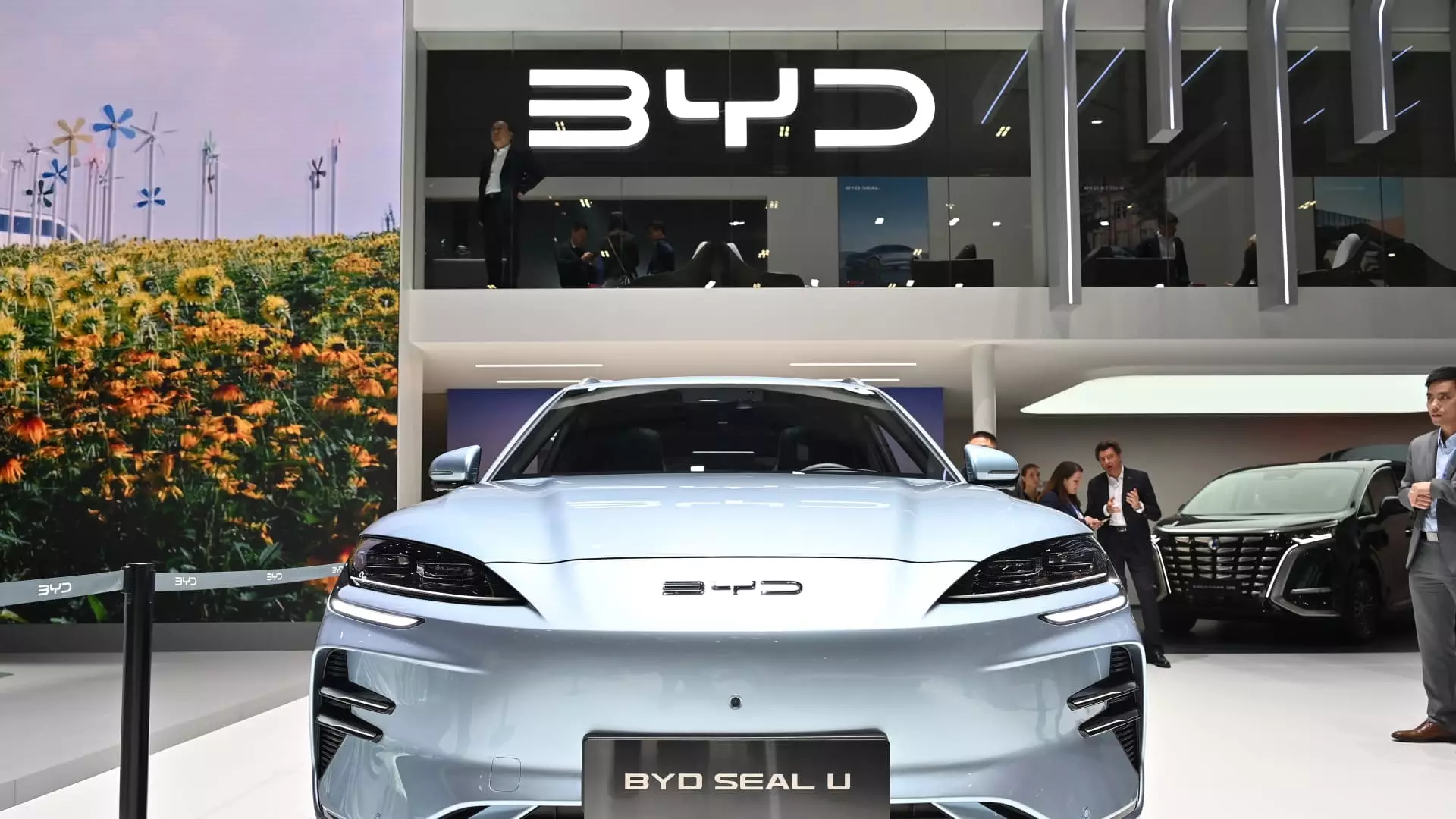The European Union recently made the decision to raise tariffs on electric vehicles imported from China. This move has caused concern among automakers, with the potential for price hikes and market shifts due to the new levies.
The European Commission initially announced plans for tariffs on Chinese electric vehicles in June after determining that producers of battery EVs in China were benefiting from “unfair” subsidization. The tariffs, ranging from 17.4% to 37.6%, have now been confirmed to take effect on Friday. This decision affects a range of automakers, including Chinese giant BYD, European brands producing cars in China, and even U.S. automaker Tesla.
In response to the tariffs, Chinese EV makers have issued warnings of potential price adjustments. Nio stated that while it is currently maintaining prices for cars sold in Europe, price increases may be inevitable in the future due to the tariffs. Xpeng, another Chinese EV manufacturer, assured customers awaiting deliveries or placing new orders that they would be protected from immediate price increases. However, the possibility of price adjustments in the future remains uncertain.
The European Union’s decision to impose tariffs on Chinese electric vehicles reflects concerns about fair competition in the market. These provisional tariffs are set to last for four months, after which EU member states will vote on definitive duties that could be in effect for five years. Chinese and EU officials have engaged in discussions regarding the tariffs, with hopes of reaching a mutually acceptable solution.
Despite the challenges posed by the tariffs, Chinese EV makers have reaffirmed their dedication to the European market. Companies like Xpeng have expressed intentions to provide high-quality products to European customers and explore the possibility of establishing local manufacturing capabilities in Europe. BYD, a major EV manufacturer in China, has also announced plans to open its first European factory in Hungary, demonstrating a long-term commitment to the region.
The increase in tariffs on electric vehicles imported from China by the European Union has significant implications for the global automotive industry. As automakers navigate these changes and potential price adjustments, the future of the electric vehicle market in Europe remains uncertain. Continued negotiations between Chinese and EU officials will play a crucial role in determining the long-term impact of these tariffs on the industry.


Leave a Reply